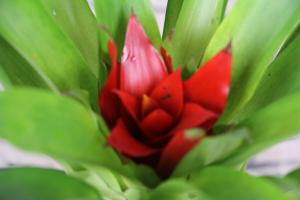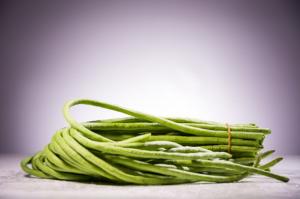Is an Olive Tree a Good Indoor Plant?
When it comes to choosing indoor plants, there are so many options to consider. One popular choice is the olive tree. But is an olive tree really a good option for your indoor space? Let's explore the pros and cons.
The Pros of Having an Olive Tree as an Indoor Plant
Firstly, olive trees are known for their beauty. With their small, delicate leaves and gnarled trunks, these trees can add a touch of elegance to any indoor space.
Another advantage of having an olive tree as an indoor plant is their ability to purify the air. Like many plants, olives trees absorb carbon dioxide and release oxygen. But they also absorb harmful chemicals such as formaldehyde and benzene, making the air cleaner and healthier to breathe.
In addition, olive trees are relatively low-maintenance. They don't require a lot of water, and they can tolerate a range of temperatures. This makes them a great option for busy people who don't have a lot of time to care for their plants.
The Cons of Having an Olive Tree as an Indoor Plant
Despite their many benefits, there are also a few drawbacks to consider before bringing an olive tree into your home.
Firstly, olive trees can grow quite large. This means that they may not be suitable for smaller indoor spaces, as they can quickly outgrow their containers and become unmanageable.
Secondly, olive trees require a lot of light. Without enough sunlight, they can become weak and leggy. This means that if you don't have access to a lot of natural light, you may need to invest in supplemental lighting to keep your olive tree healthy.
Finally, olive trees are susceptible to pests and diseases. Spider mites, mealybugs, and scale insects are all common pests that can infest olive trees. In addition, diseases such as root rot can be fatal if not addressed promptly.
Tips for Caring for Your Olive Tree
If you do decide to add an olive tree to your indoor plant collection, it's important to know how to care for it properly.
Firstly, make sure your olive tree is in a container with good drainage. This will help prevent root rot and other moisture-related issues.
Secondly, ensure that your olive tree has access to plenty of sunlight. If you don't have a sunny window, consider investing in a grow light to supplement the natural light.
Thirdly, water your olive tree sparingly. These trees prefer to dry out between waterings, so aim to give them a good soak about once a week. Overwatering can be just as detrimental to your olive tree as underwatering, so be careful not to overdo it.
Conclusion - Is an Olive Tree a Good Indoor Plant?
So, is an olive tree a good indoor plant? The answer is, it depends on your space and your needs. If you have a large, sunny indoor space and are willing to put in a little extra effort to care for your tree, then an olive tree can be a beautiful and beneficial addition to your home. However, if you have a smaller space or limited access to sunlight, or simply don't want to deal with the potential pest and disease issues, then an olive tree may not be the best choice for you.

 how many times do yo...
how many times do yo... how many planted tre...
how many planted tre... how many pine trees ...
how many pine trees ... how many pecan trees...
how many pecan trees... how many plants comp...
how many plants comp... how many plants can ...
how many plants can ... how many plants and ...
how many plants and ... how many pepper plan...
how many pepper plan...
































